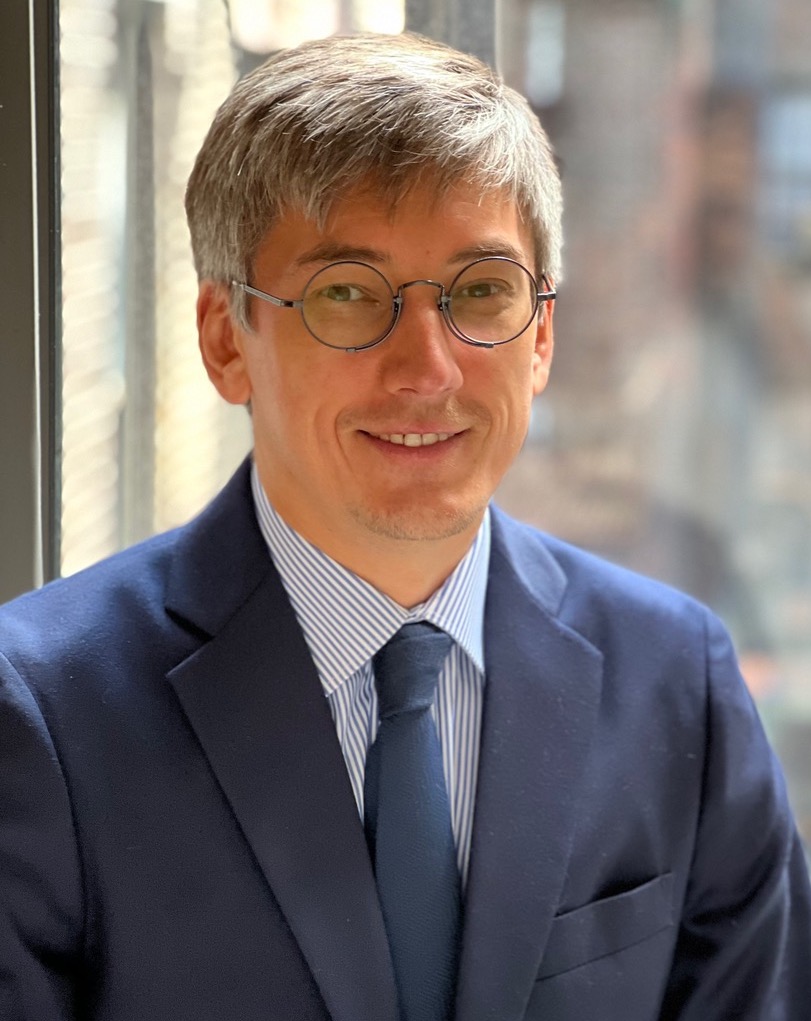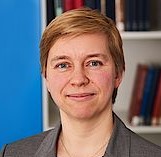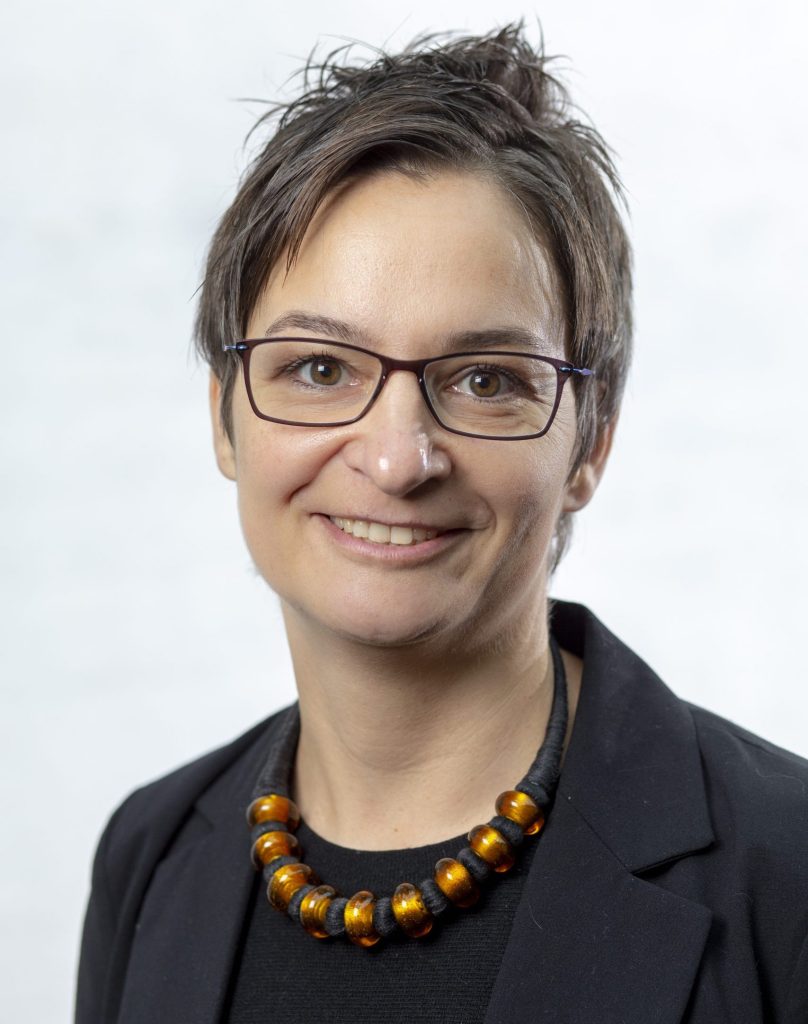The Russian Orthodox Church and the Holy See: 70 Years of Political Ecumenism

Pavlo Smytsnyuk is a Mary Seeger O’Boyle Associate Research Scholar at Princeton University.
The Russia-Ukraine war has posed a significant challenge to relations between the Holy See and the Russian Orthodox Church (ROC). Although the Vatican’s position on the war has been criticized by some as ambiguous and overly neutral, certain war-related comments by Catholic leadership have been interpreted negatively by the ROC. The Pope’s warning that Kirill must not serve as Putin’s “altar boy” was followed by an accusation by Cardinal Kurt Koch (Prefect of the Dicastery for Promoting Christian Unity, the main Vatican body on inter-confessional relations) that the ROC was in a state of “heresy,” in light of its justification for the war in Ukraine.


